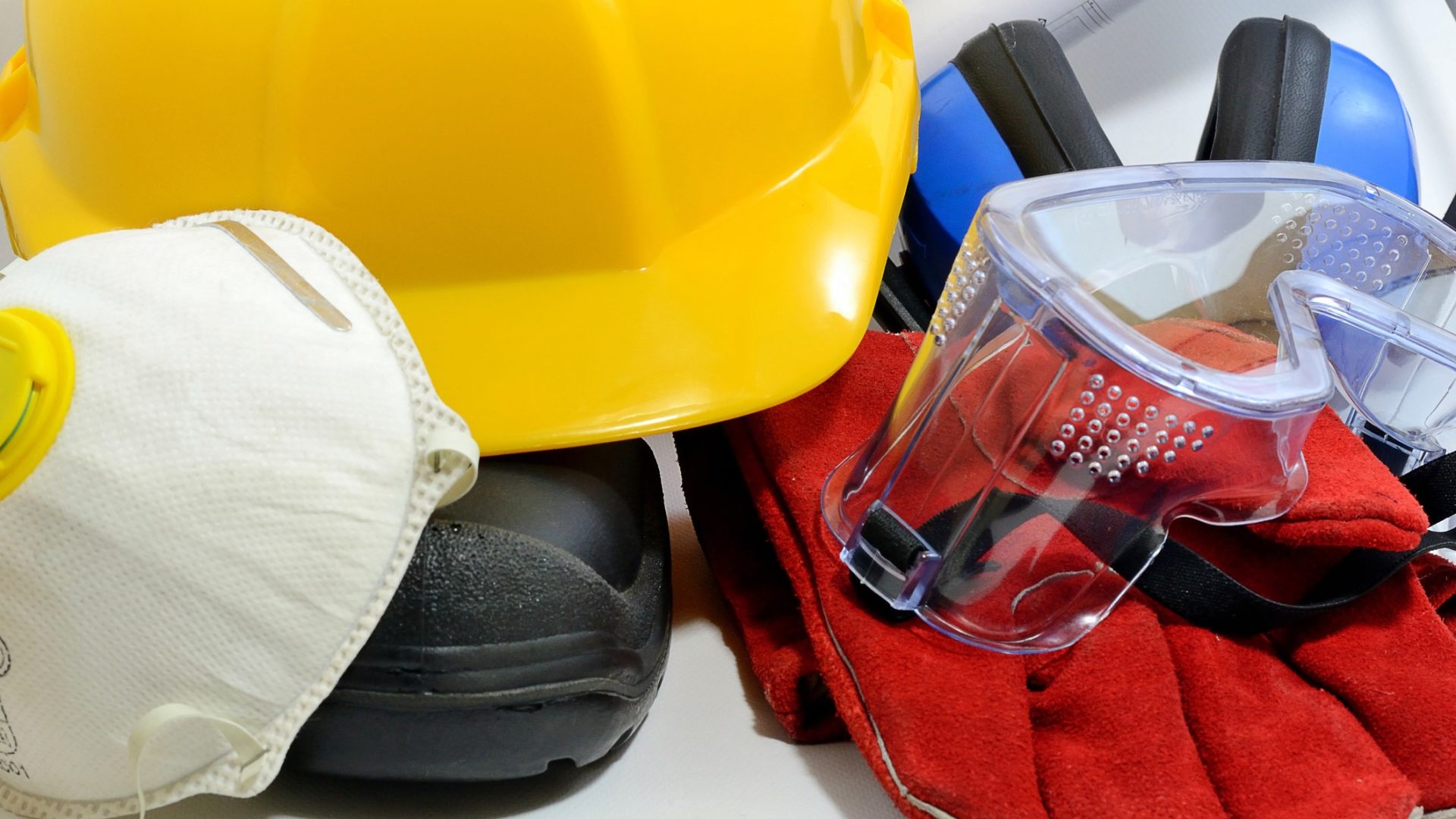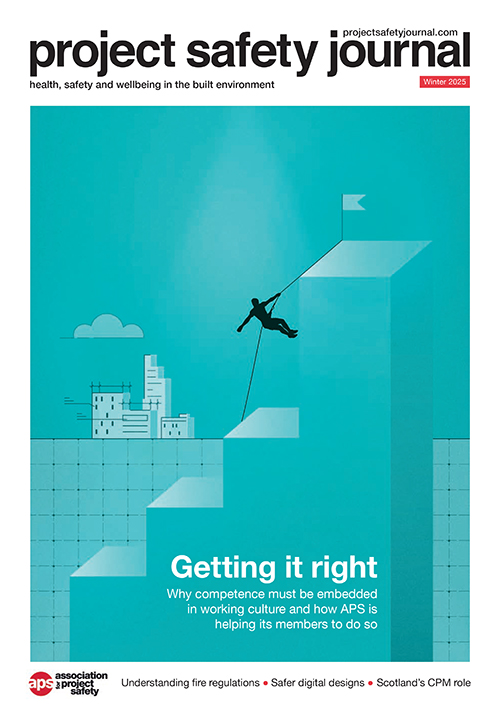
The Royal Society for the Prevention of Accidents (RoSPA) has spearheaded a coalition of safety groups and charities concerned about government plans to remove EU legislation from the statute book. Head of policy Nathan Davies explains why.
The EU Retained Law Bill (Revocation and Reform) presents a rushed and chaotic process of health and safety law revocation that will cost lives. And, as the government steams ahead to meet its arbitrary 31 December deadline, one might assume the Bill’s motto to be ‘saving time and costing lives’.
The UK is currently a beacon of health and safety. Since the implementation of vital legislation like The Health and Safety at Work Act and The Construction (Design & Management) Regulations, we have seen workplace accidents decline by a staggering 90%.
Not only have we paved the way for safer working environments, we have ensured millions more people get home to their families safe at the end of the working day.
Why then, would we place the fate of hundreds of thousands of construction workers, which make up 6% of the UK’s workforce, in the hands of ministers, who are aiming to scrap the very protections that keep them alive and well?
And why would we brush exposure to cancer-causing chemicals and other occupational hazards under the carpet? The answer lies in politics. But we must remember that we are not playing a game in which people’s lives are mere pawns. This is not about politics.
Neither Brexit nor Remain
This is not about being a ‘brexiteer’ or ‘remainer’. This is about saving lives and preserving livelihoods. Placing the fate of our construction workers in the hands of ministers, with barely any parliamentary oversight, is ludicrous.
The online dashboard highlights an ever-growing list of thousands of regulations set for the bonfire. And as the government struggles to tell us the implications of these removals, our stellar health and safety status risks being left in the ashes.
With the rate of fatal injuries in the workplace in the construction industry already around four times as high as the average rate in all industries, where lies common sense?
It is not simply the cost to life that poses a risk, but also the cost to industry. The legal confusion and uncertainty shrouding the Bill is set to leave businesses in the dark when it comes to compliance.
We already know that regulatory gaps and misunderstanding of responsibility lie at the root of most major accidents. It is therefore natural to assume that the financial implications of the Bill, with potential prosecutions and settlements, stand to be astronomical.
Stakeholder engagement
While we acknowledge that law reform can effect positive change, this change must take an evidence-based approach. This includes liaising with key stakeholders as part of a thorough consultative process, over an appropriate amount of time.
What the government presents, however, is a self-imposed arbitrary cliff-edge over which our lifesaving legislation will tumble. Ultimately, our message is simple. If you care about keeping your team and business safe, act now and join the Protect Our People campaign here.
Nathan Davies is head of policy at the Royal Society for the Prevention of Accidents











